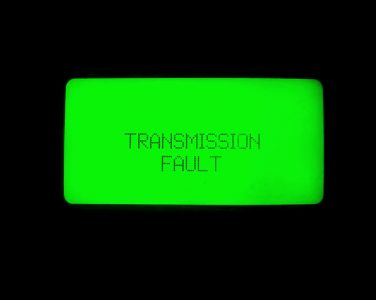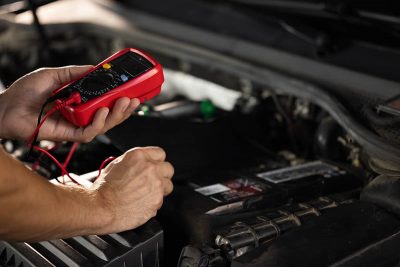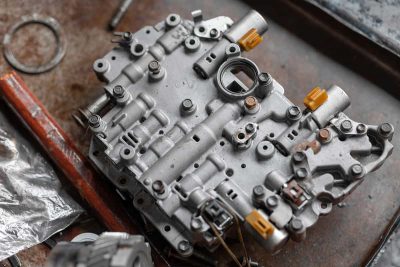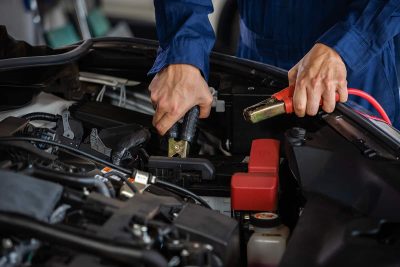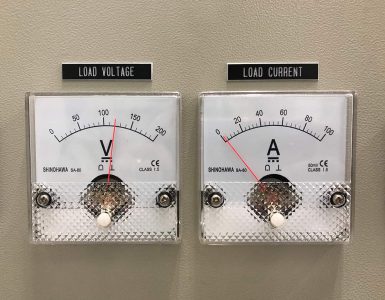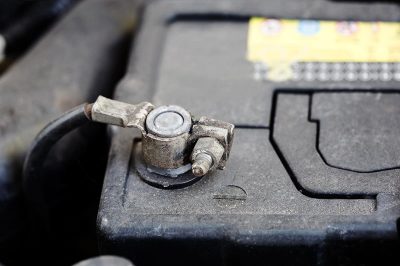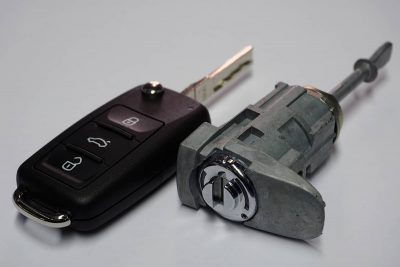The typical symptoms of a bad torque converter (transmission slippage, shuddering and vibrations, delayed or erratic gear shifts, overheating, increased stall speed, or unusual noises) can be triggered by any of the following causes:
The transmission is a key part of any vehicle. It helps control the power from the engine to the wheels. When something goes wrong with the transmission, it can be a big problem. Your vehicle will communicate to you that its transmission is problematic with the error message “Transmission Fault Service Now.”
Transmission keeps things running smoothly by lubricating the parts inside your transmission, which is a major component that controls how your car moves. If the fluid gets low, it can cause a lot of problems, kind of like how you’d feel sluggish if you didn’t drink enough water.
Voltage fluctuations can impact the performance and lifespan of batteries, making it essential for users to monitor and manage these variations. Understanding how battery voltage works is important for maintaining the health and longevity of these power sources.
In manual cars, the TCM is typically located inside the car’s engine control module. On the other hand, in cars with Continuously Variable Transmission (CVT), the TCM is often integrated into the valve body of the transmission itself.
24F and 35 batteries differ mainly in size, power output, and vehicle compatibility. 24F batteries are larger, offer higher cold cranking amps (CCA) and reserve capacity (RC), and are commonly found in midsize and larger vehicles. In contrast, 35 batteries are more compact, with slightly lower CCA and RC values, and suit compact and smaller vehicles.
Charging a 12V battery depends on its capacity (Ah) and the charging amperage. Divide the battery capacity by the charging amperage and add 20% for inefficiencies. For a 50Ah battery: 1A takes 60h, 2A takes 30h, 4A takes 15h, 6A takes 10h, 8A takes 7.5h, and 10A takes 6h. These are rough estimates and may vary.
Understanding how to read a battery charger amp meter is an essential skill for anyone who uses rechargeable batteries. It helps ensure that your batteries are charged efficiently and safely, while preventing potential issues that could arise from improper charging.
A car’s battery is its lifeline, powering everything from the engine to the electrical components. A loose car battery connection, however, can lead to various issues that affect your vehicle’s performance and reliability.
The proper transmission fluid level is crucial for your vehicle’s performance. Overfilled transmission fluid can lead to several issues, affecting the transmission’s lifespan and overall driving experience.
Have you ever found yourself in a situation where you need to remove the ignition lock cylinder from your car, but you don’t have the key? Whether you’ve lost your key or it’s simply not working, removing the ignition lock cylinder without a key can be a tricky task. However, with the right tools and some patience, it’s definitely possible to do it yourself.
If you’re experiencing difficulty shifting your car out of first gear, it can be a frustrating and concerning experience. Whether you’re driving a manual or automatic transmission, being stuck in first gear can make it difficult to accelerate and maintain proper speed on the road.

